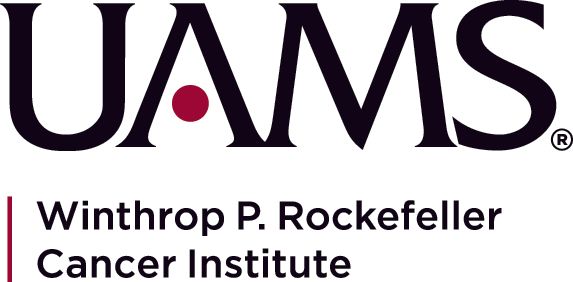
Dr Schinke on Talquetamab in Multiple Myeloma

Carolina D. Schinke, MD, discusses updated findings from the phase 1/2 MonumenTAL-1 trial in patients with multiple myeloma.
Carolina D. Schinke, MD, associate professor, medicine, Myeloma Center, University of Arkansas for Medical Sciences, discusses updated findings from the phase 1/2 MonumenTAL-1 trial (NCT04634552) in patients with multiple myeloma.
In MonumenTAL-1, patients with multiple myeloma who were treatment-naïve or relapsed/refractory to prior T-cell redirection therapy (TCR) received the GPRC5D-targeted bispecific antibody talquetamab at either 0.4 mg/kg weekly or 0.8 mg/kg every 2 weeks. Previous findings from this trial showed that, at a median follow-up of 11.7 months in the patients with relapsed/refractory disease who received the agent at 0.4 mg/kg and 4.2 months in those who received the agent at 0.8 mg/kg, the overall response rates (ORRs) were 70% and 64%, respectively.
At a data cutoff date of January 17, 2023, the ORRs were 74.1%, 71.7%, and 64.7% in patients who received talquetamab at 0.4 mg/kg, those who received the agent at 0.8 mg/kg, and those who had received prior TCR, respectively. Specifically, the ORR was 75.0% in patients who had received prior CAR T-cell therapy and 44.4% in those who had received prior bispecific antibodies. In the 0.4 mg/kg cohort, the very good partial response (VGPR), complete response (CR), and stringent complete response (sCR) rates were 25.9%, 9.8%, and 23.8%, respectively. In the 0.8 mg/kg cohort, the VGPR, CR, and sCR rates were 22.1%, 9.0%, and 29.7%, respectively. In the cohort of patients who had received prior TCR, the VGPR, CR, and sCR rates were 19.6%, 5.9%, and 29.4%, respectively.
At median follow-ups of 18.8 months, 12.7 months, and 14.8 months in patients who received talquetamab at 0.4 mg/kg, those who received the agent at 0.8 mg/kg, and those who had received prior TCR, the median durations of response (DORs) were 9.5 months (95% CI, 6.7-13.3), not reached (NR; 95% CI, 13.0 months-NR), and 11.9 months (95% CI, 4.8-NR), respectively, and the respective 12-month DOR rates in patients who achieved a CR or better were 78.9%, 90.5%, and 80.5%.
This novel bispecific antibody elicited impressive efficacy outcomes in patients with multiple myeloma, Schinke concludes.




































